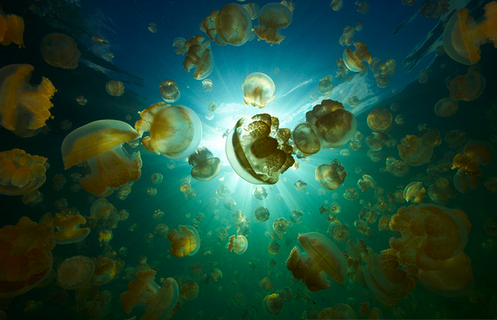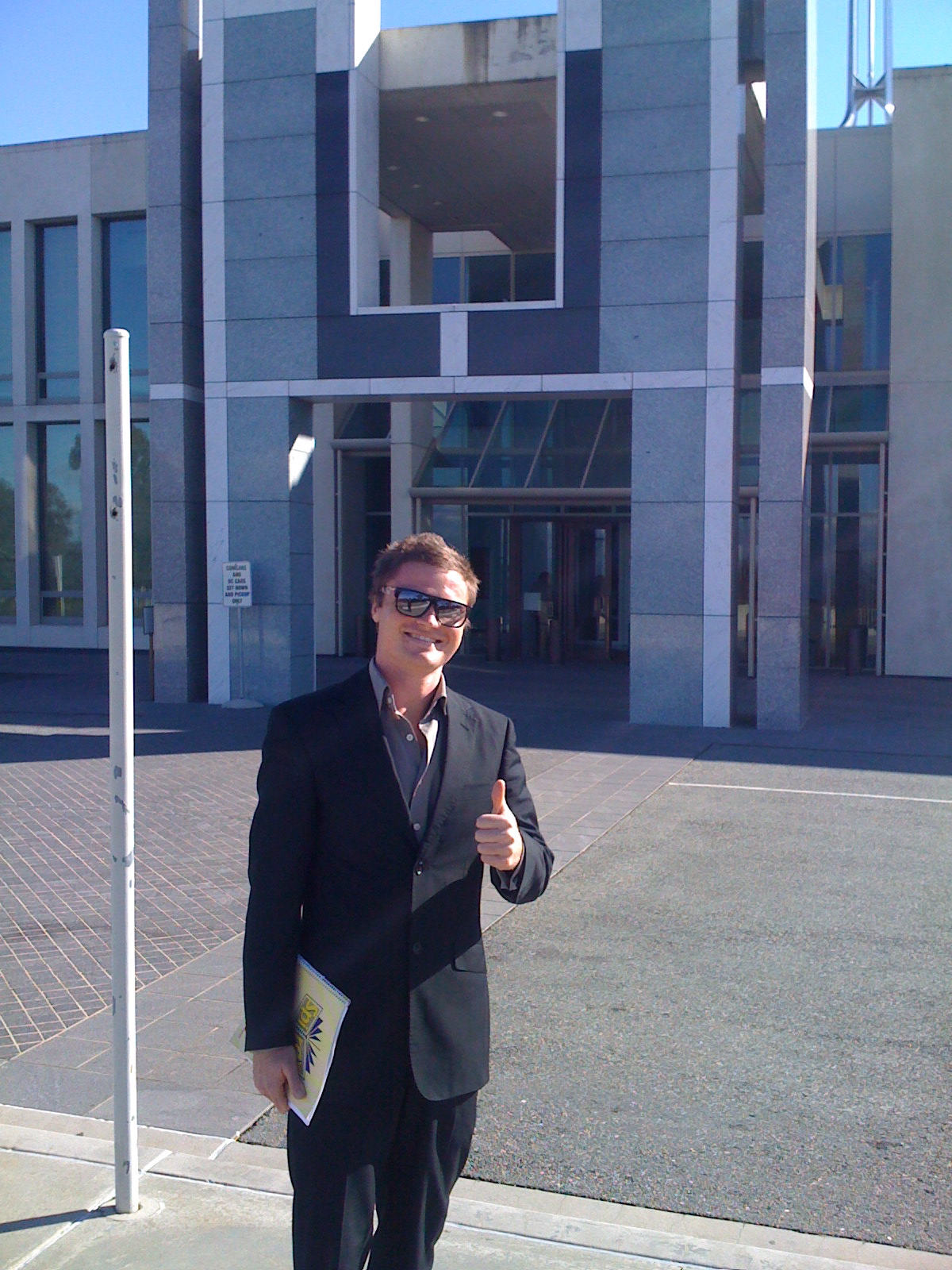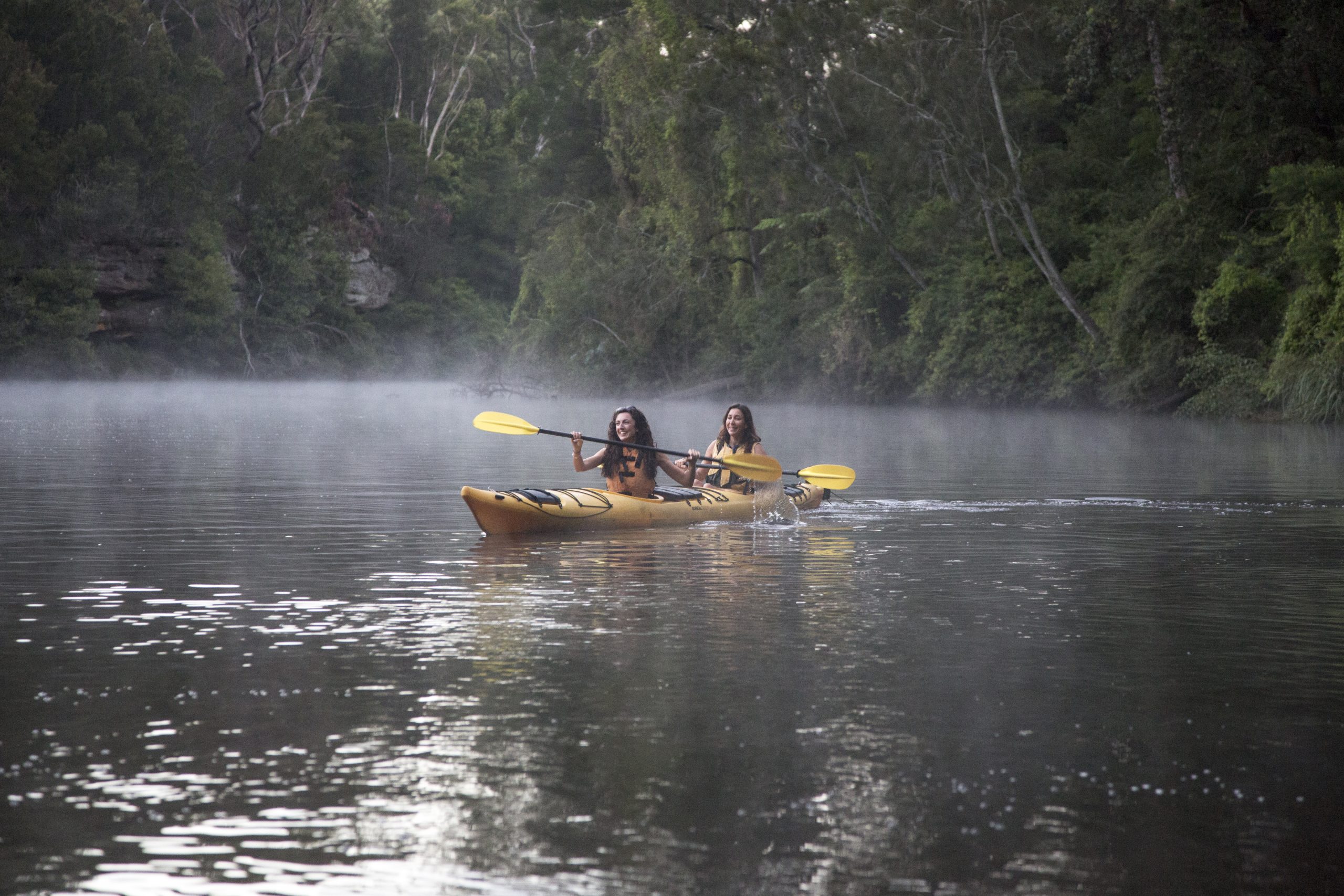
Masterchef winner Andy Allen took over Hello Sunday Morning’s social media accounts last weekend, and with this came a fascinating reflection on purpose and the role that alcohol plays in how we materially contend with meaning in our lives. Andy reflected on his experiences with alcohol growing up, realising that being hungover on Sunday morning often led him to miss out on experiences, like going fishing with his dad, that meant a lot to him as a person.
We can hear you saying, “not another one of those (often parodied) chirpy, self-help, motivation articles!” But all jokes aside, we know that drinking eats away at our time and can easily become a substitute for meaningful pursuits. In fact, life dissatisfaction has been found to be associated with adverse alcohol use. The more you drink, the stronger the relationship between the two. So it is unfortunate but understandable that many can feel a reduced sense of purpose after cutting back on alcohol.
To help you through this process, here we suggest a few ways to discover (or rediscover) your purpose.
How to find your purpose
Reflect, reflect reflect.

What brings you joy? What are your values, dreams and aspirations? It’s crucial that you take the time to reflect on this. You could write a journal entry, have a good chinwag with a friend, or maybe set aside time to simply sit and meditate on these core issues. It is important to consider the bigger picture and contemplate the persistent themes and motifs in your life.
Bringing it all together, one of the best hacks we’ve found to reinforce purpose in life is to think about what we wanted to be as children. It doesn’t mean that you should drop everything and become an astronaut, but it gives you a great insight into your driving motivations. By now you may have missed the cut-off for NASA, but you will have a refreshed understanding of your innate drive to explore. Tony Robbins’ fevered motivational speaking really hit the nail on the head back in the 80s. ‘Just stop and think about what is most important’ he says, ‘think about why you are here’.
Focus on your relationships
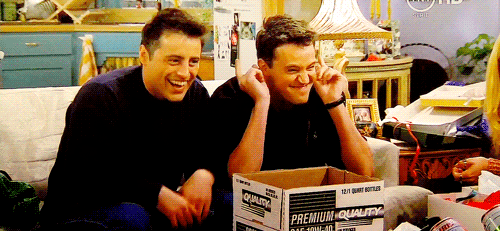
From first dates to family gatherings, alcohol has long had a role to play in many of our relationships. And that is fine; we are not here to argue that alcohol doesn’t have its place. However, when it begins to overpower the connection you have with another person, the value of alcohol’s so-called ‘social lubrication’ rapidly diminishes.
In 1938 psychologists at Harvard embarked upon a 75-year-long study on happiness and fulfilment. Lo and behold, the key finding: good relationships are important. Our relationships to our friends, partners and families all stand to shape our identities, and make us physically and psychologically healthier while allowing us to live longer and more fulfilling lives. Interestingly, this same study highlighted the detrimental effects alcohol misuse can have on our relationships, and ultimately, on our lives.
But, what is that you say? How to nurture your relationships sans alcohol? We’re glad you asked! Laughter and storytelling, for example, have both been suggested as alternatives to alcohol as tools for feeling at ease while socialising. But ultimately, know that if you’re approaching your relationships honestly, you will in time find that you no longer need the veil of alcohol to cloak your connections.
Get out of your comfort zone.
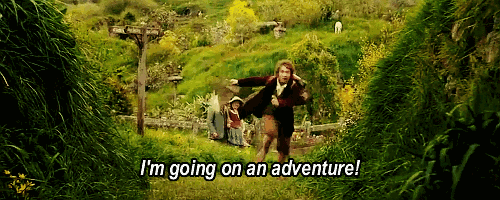
Part of the difficulty of cutting back on alcohol is that you are fighting your routine both psychologically and physically. So why not find a new routine and rhythm? If you decide to opt out of Friday night drinks or stick to sodas on Saturday, your evenings and mornings are no longer taken up by boozing and its aftermath. You have reclaimed the most precious of all commodities … time.
What is the idea that has long been kicking around in the back of your mind? Writing, learning a language, starting a business or practicing the guitar, maybe? Do something new, revisit something old, but whatever you do, do it wholeheartedly. These things we call hobbies are in no way peripheral to our lives, even though we sometimes see them as such. They are activities that allow us to be joyful and creative; they are crucial human sensibilities, providing a platform on which to experience mastery and create meaning.
Relax
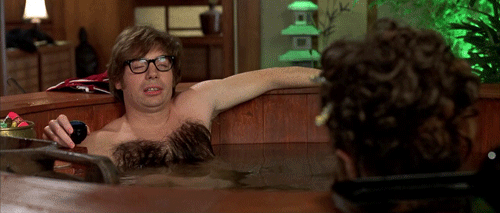
Right, all cards on the table. Some of us take a while to figure out our purpose. All around the world there are people at 30, 60 and even at 90 years of age who are still sort of unsure. But it is okay. Your quest for meaning does not need to be marked by a jaw-dropping epiphany. It can be smaller. Like Andy, it could be realising that family is important to you, that you enjoy writing or that you would like to travel more. Then acting on this realisation.
Stanford researchers have found that two things, passion and action, sit at the helm of purpose.
Building on this, contemporary philosopher Dan Dennett says that in pursuit of purpose, you must ‘find something more important than you are, and dedicate your life to it’. By saying hello to your Sunday morning, you are carving out time for your something. Good luck!

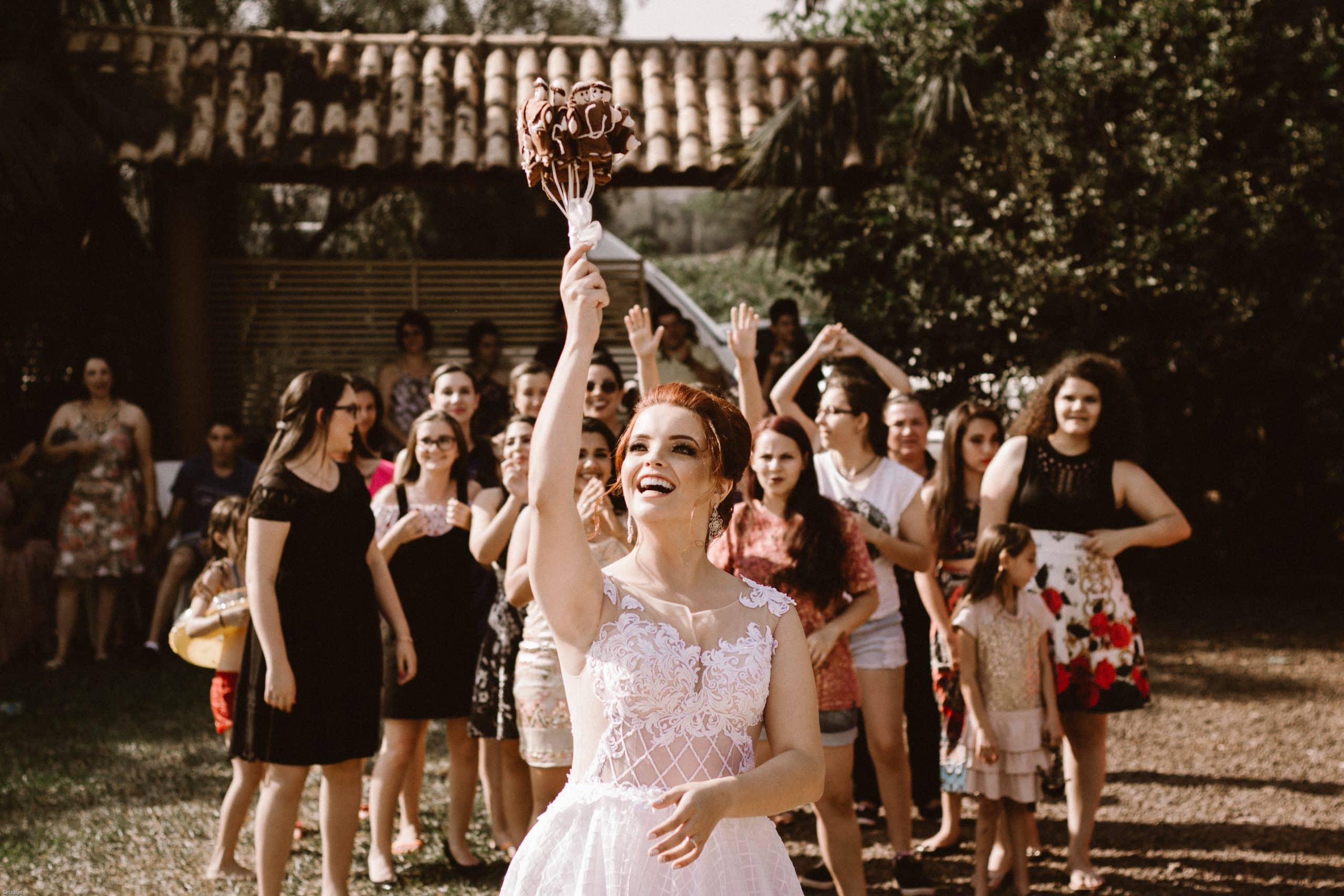
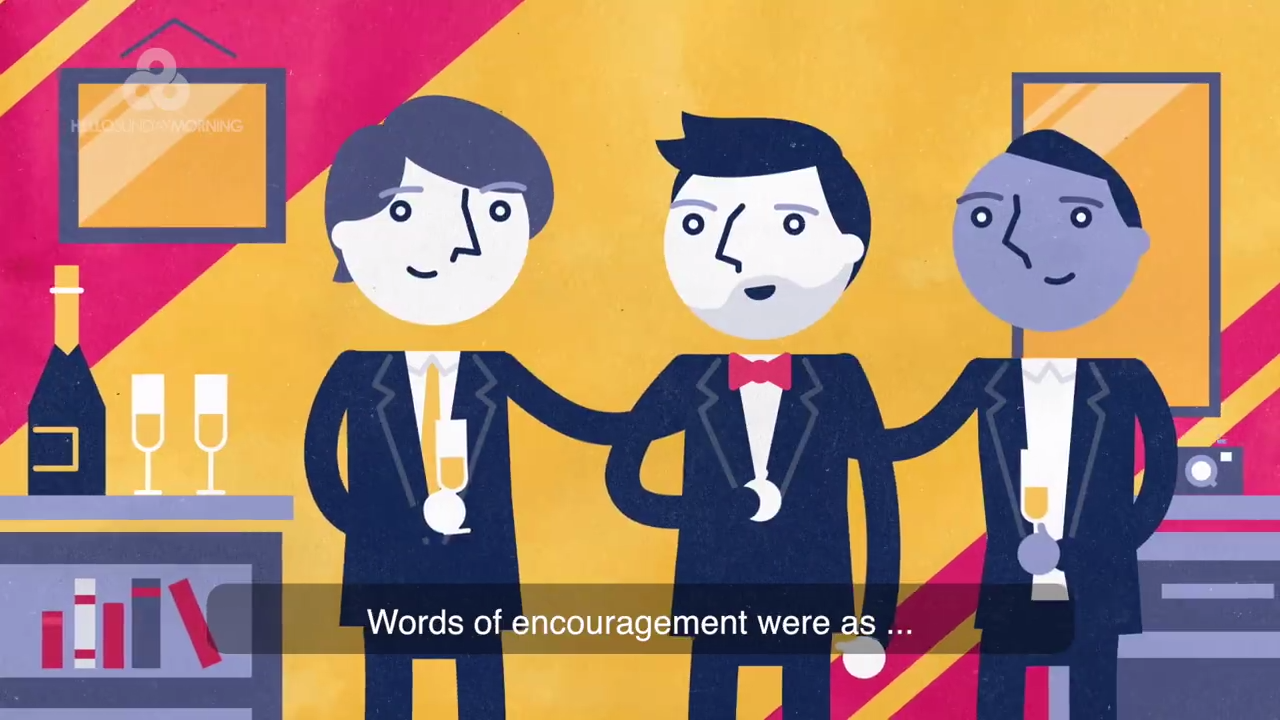
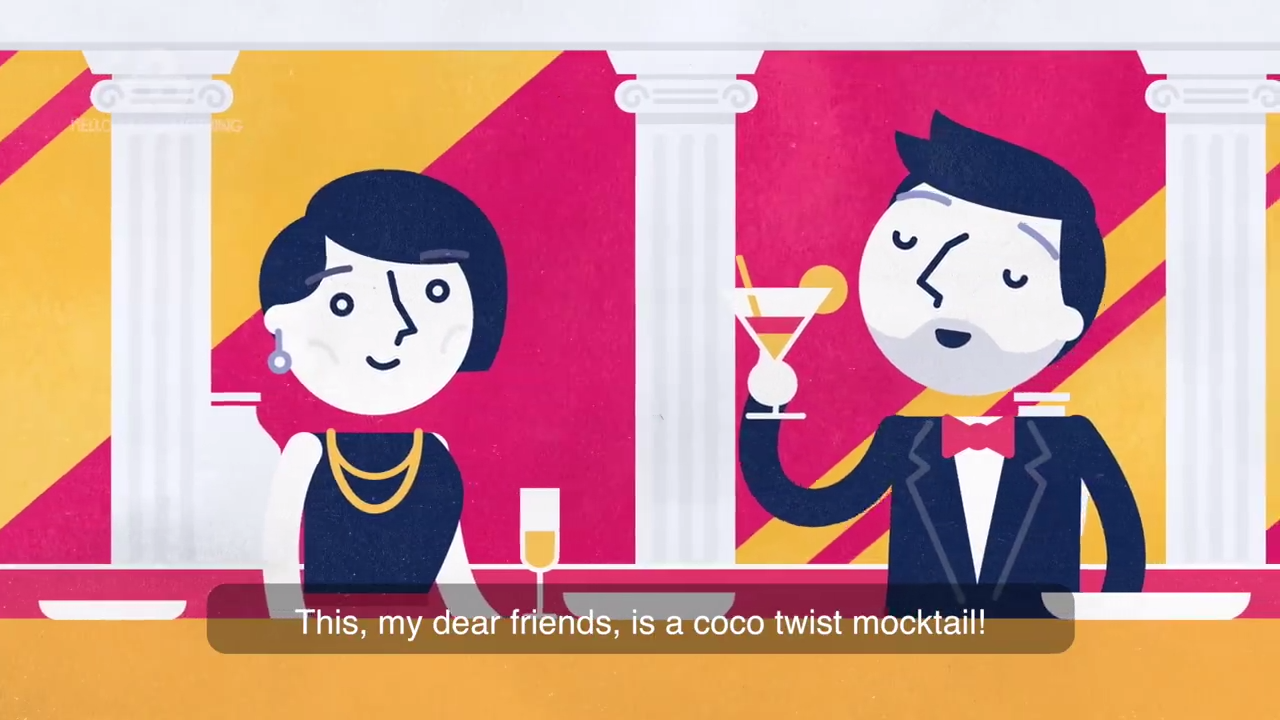
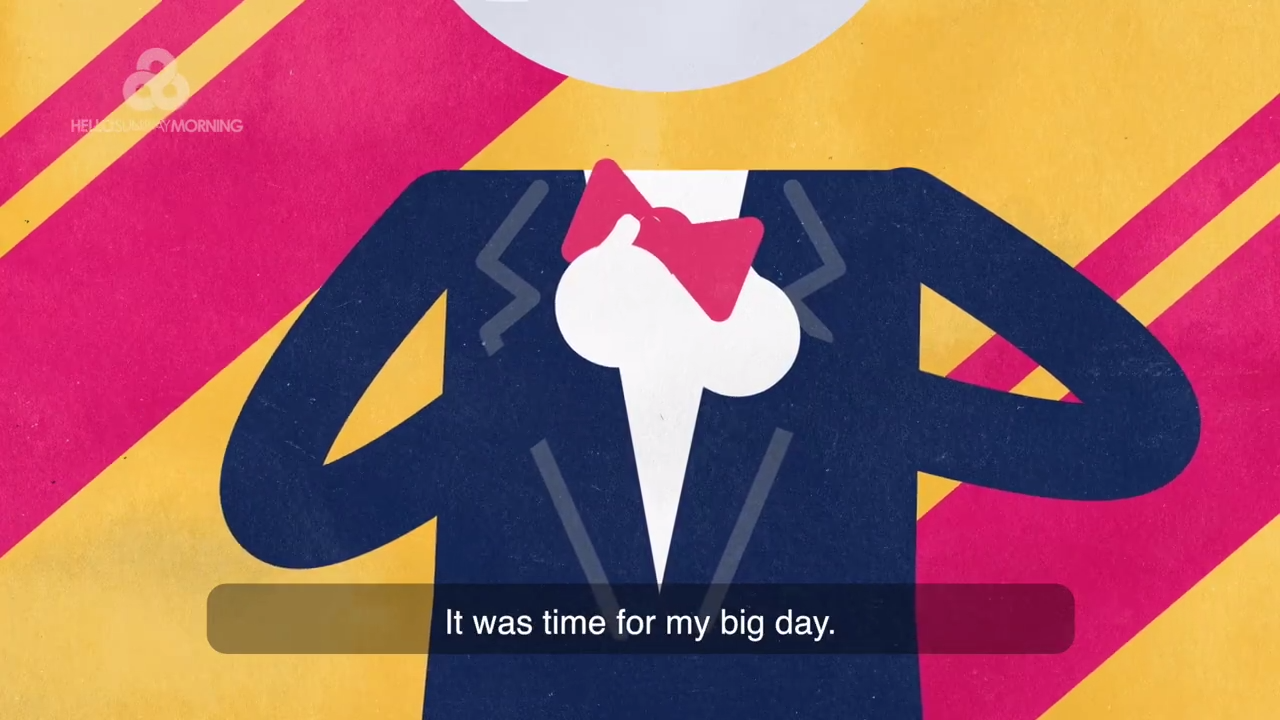
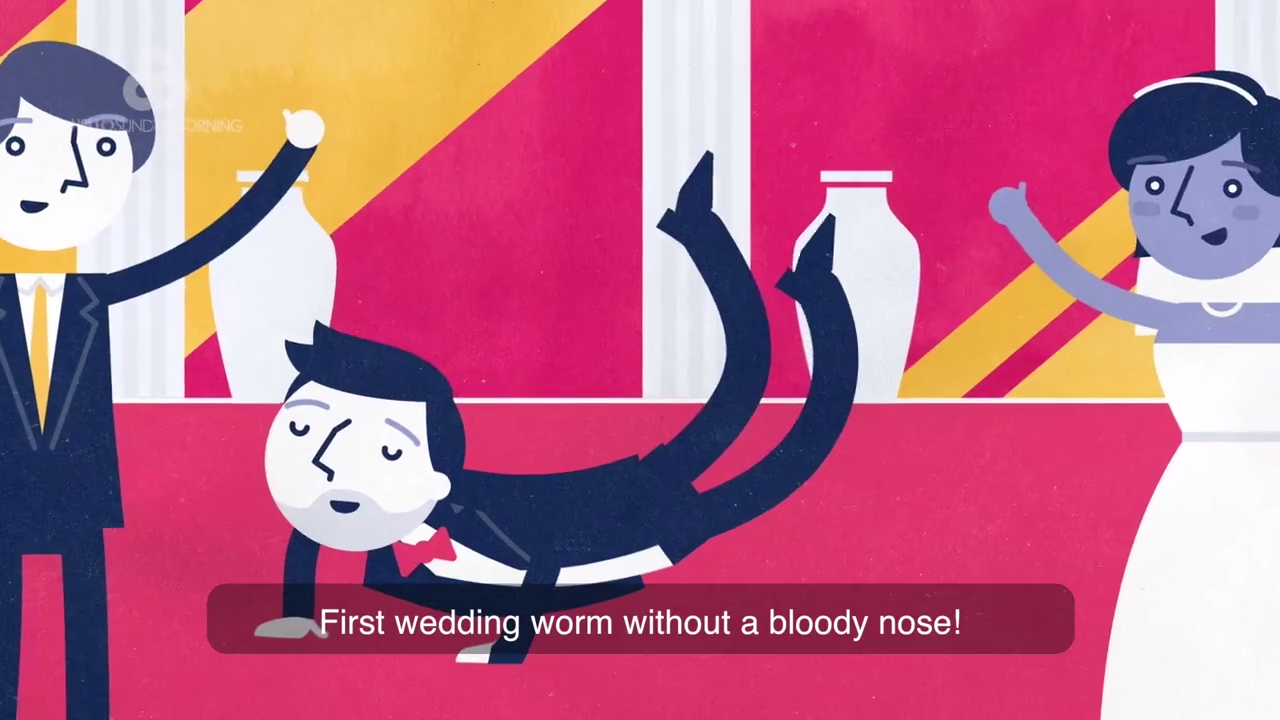
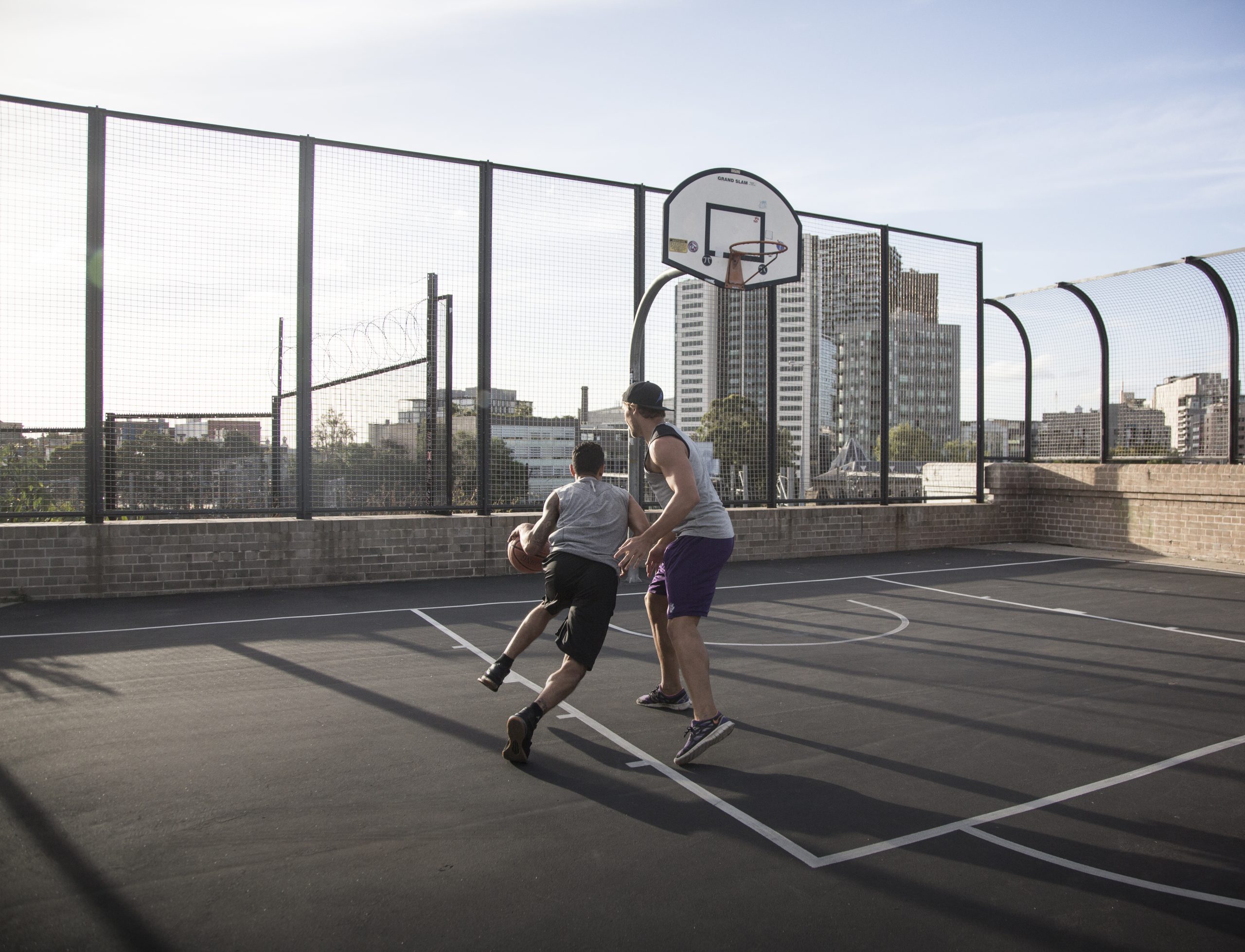
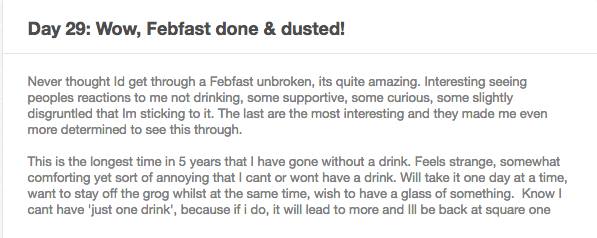
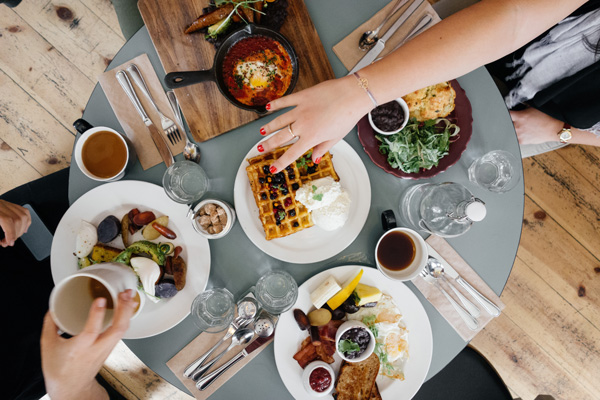
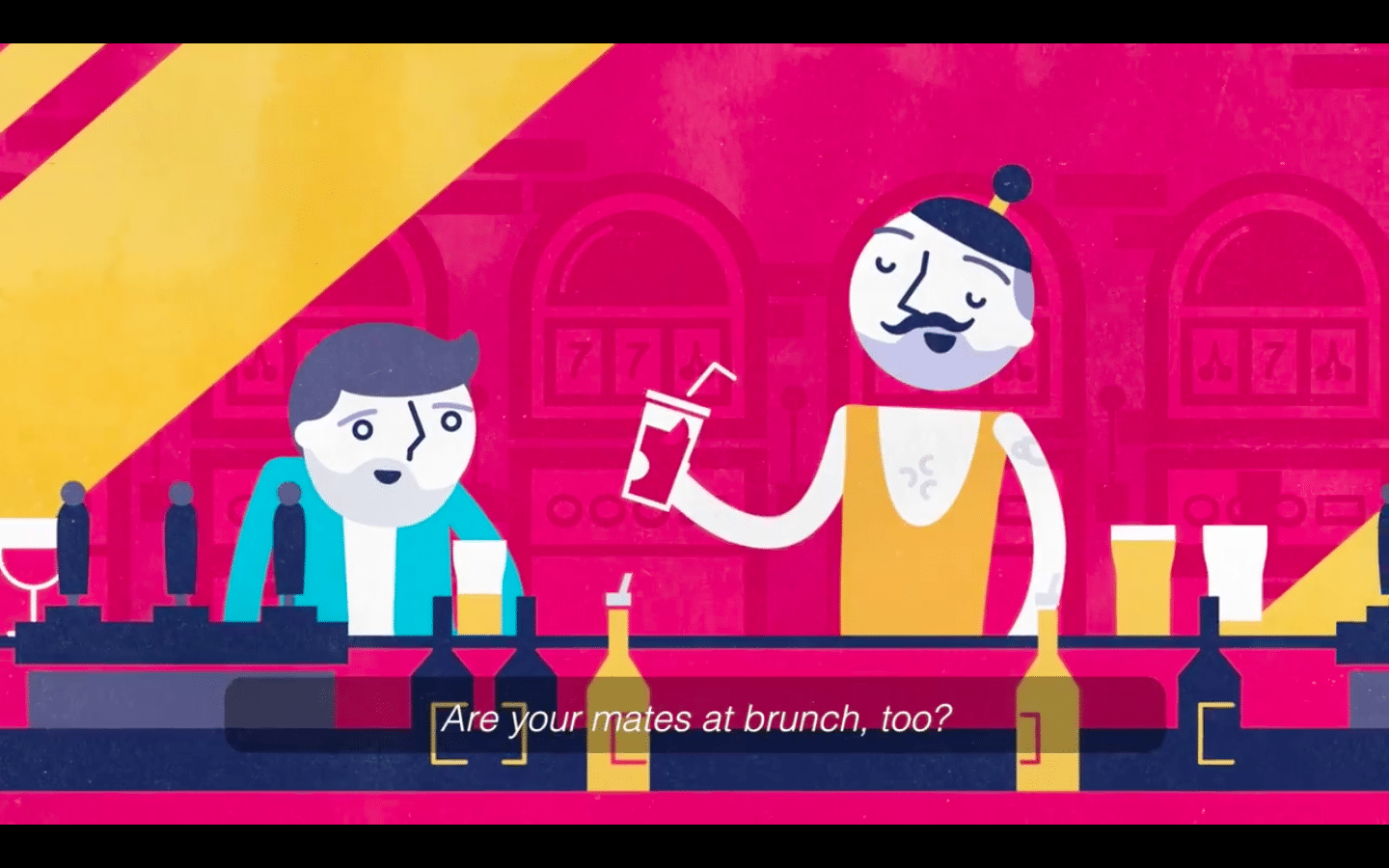 Are your mates at brunch, too?
Are your mates at brunch, too?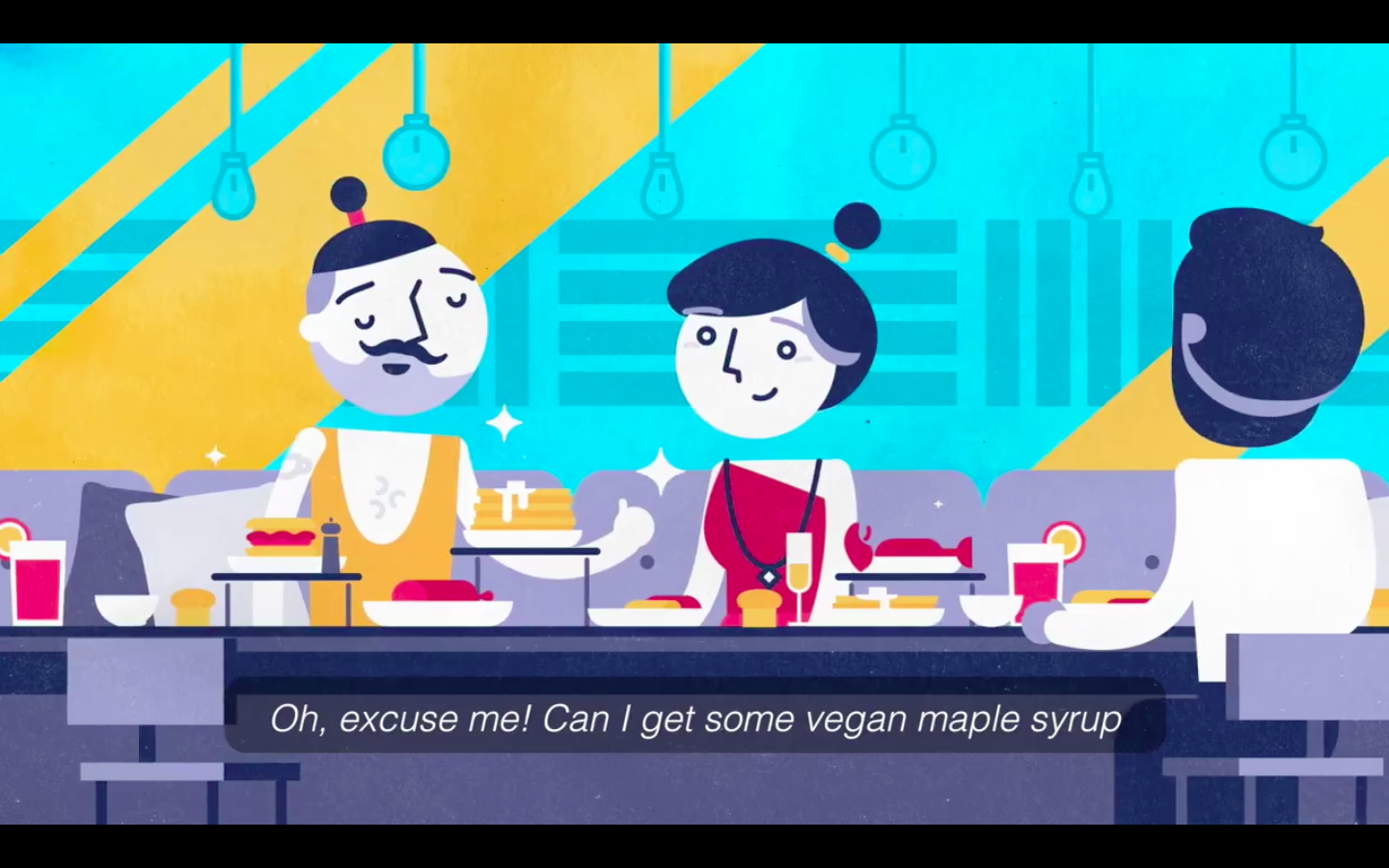 … with my deconstructed bacon dust?
… with my deconstructed bacon dust?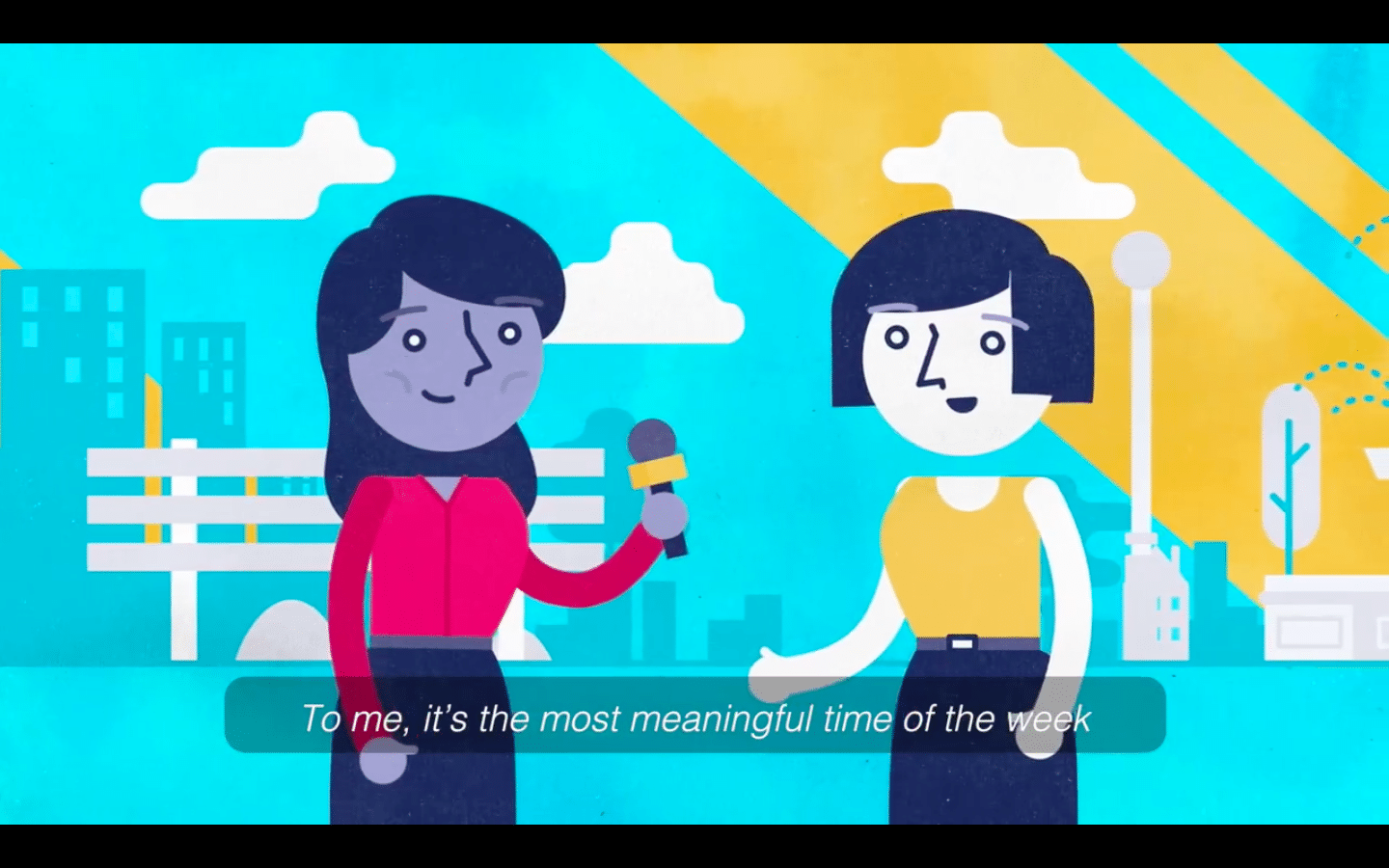 To me, it’s the most meaningful time of the week
To me, it’s the most meaningful time of the week